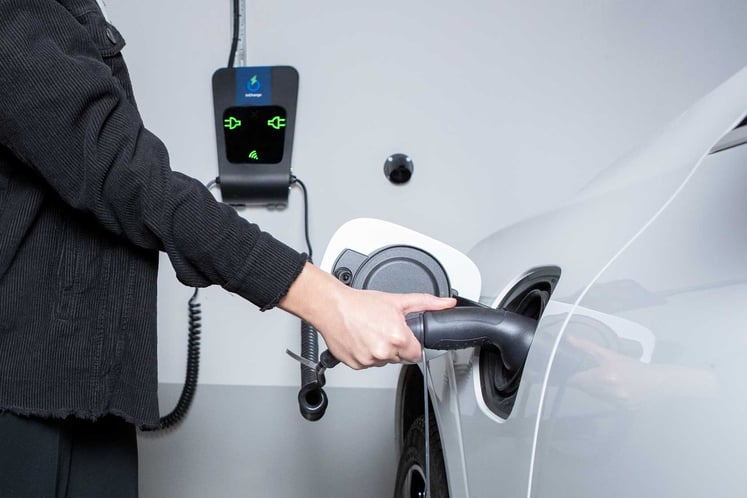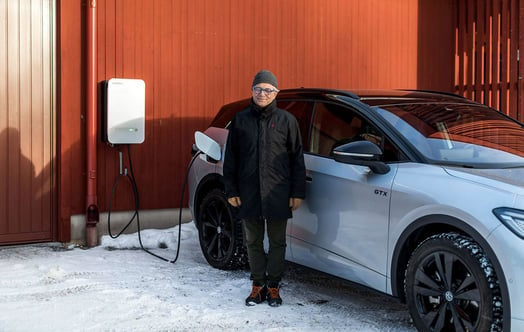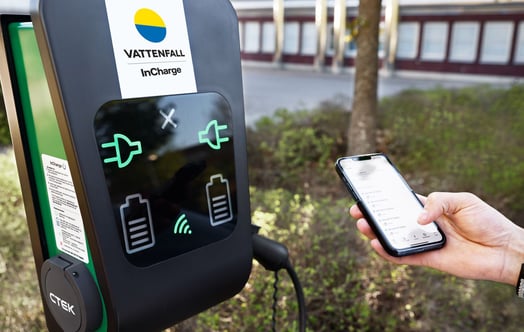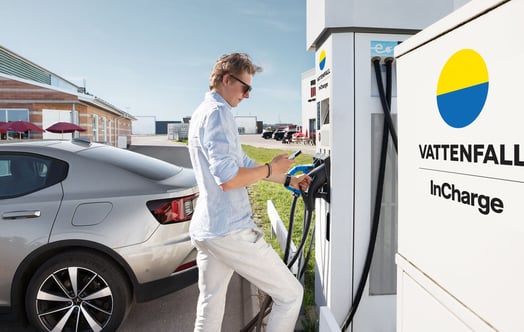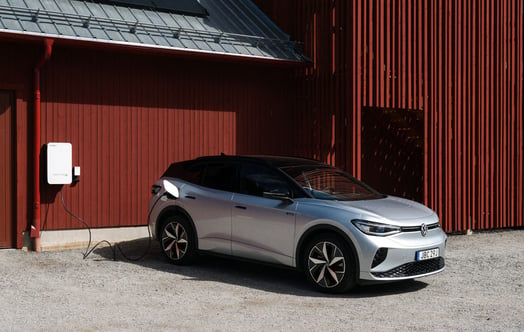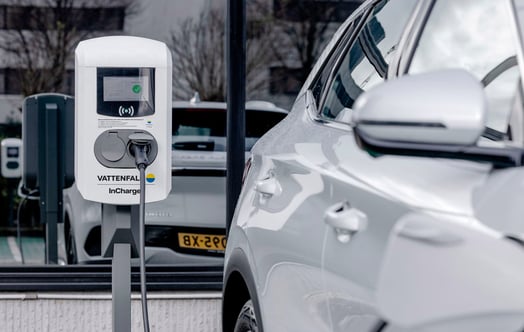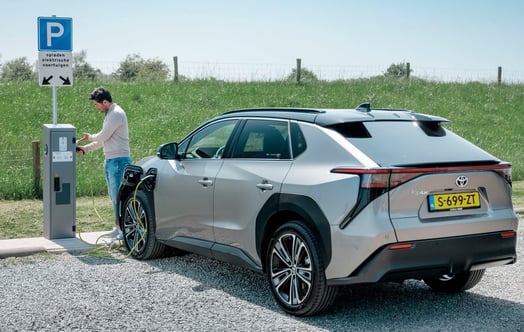Electrification of transportation
The electrification of transportation is transforming our future.
At Vattenfall, we are committed to electrifying society as a way to help turn the tide on climate change. Electrification will be a key enabler for reducing CO2 emissions for businesses, industries, customers and society at large, enabling fossil fuels to be replaced by fossil-free energy. It’s happening across all areas, with focus on the areas where we can achieve the greatest benefits.
Transportation accounts for roughly one third of the world's energy consumption. This makes the transportation sector central to the realisation of a more sustainable energy system.
Ways to turn the tide
Vattenfall expects that e-mobility will play a key role in solving many of the challenges we face today with regard to energy use and urbanisation. Easily accessible charging infrastructure is a prerequisite for the transition to electric vehicles.
Electric vehicle (EV) charging infrastructure
The expansion of charging station infrastructure is important in order to meet the growing need of electrical charging. Vattenfall is involved in several projects to make this happen, by re-selling of and investing in public and fast-charging charge points. At the fast-charging points, an EV battery can be charged from 0% to 80% in approximately 15 minutes.
In Sweden, Germany and The Netherlands Vattenfall is building, by ourselves and together with partners, public and fast-charging stations at strategic locations all over the country. We are constantly discussing with companies, cities and municipalities to help develop a sustainable charging infrastructure.
Around 4 million charging sessions per year at InCharge charging stations in all our markets clearly show that electric driving and charging is becoming the new normal. Vattenfall also offers simple and smart charging boxes for electric car owners, organisations and companies who want to offer electric vehicle charging to employees, tenants and visitors. In total, Vattenfall operates around 66,000 charging points in Northern Europe.
In the coming decades, Vattenfall will not only invest billions in new fossil-free electricity production, but also has the ambition to operate twenty-five times more charging points for electric vehicles by 2030 than in 2020. That will be a total of half a million units.
InCharge and other partnerships
Vattenfall develops and offers charging solutions for electric cars, buses and trucks. Together with our partners we have built one of Europe's largest charging networks, InCharge. InCharge is established in Sweden, Germany and the Netherlands, with further markets to be added. Vattenfall is also taking part in initiatives, including the eRoadArlanda pilot project in Sweden, to develop e-roads for electric trucks and other electric vehicles. E-roads will enable vehicles to be charged as they drive along them.
Video player requires marketing cookies.
To view this content please click here to allow marketing cookies.
Why we created InCharge
A sustainable future needs sustainable transport. Watch this video on why we created InCharge, a network of charging stations for electric cars.

E-mobility initiatives
Initiatives to facilitate the use of electric cars and other vehicles.
News and press releases
See also

Solutions and innovations that bring us closer to fossil freedom.
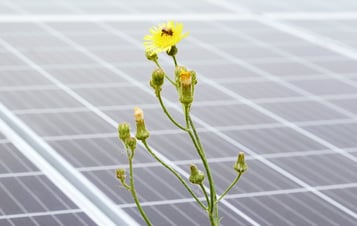
To meet the unprecedented challenges we are facing, acceleration is needed.

Vattenfall’s main markets are Sweden, Germany, the Netherlands, Denmark and the UK.

